Latest AI Tools, Trends & Trusted Reviews!
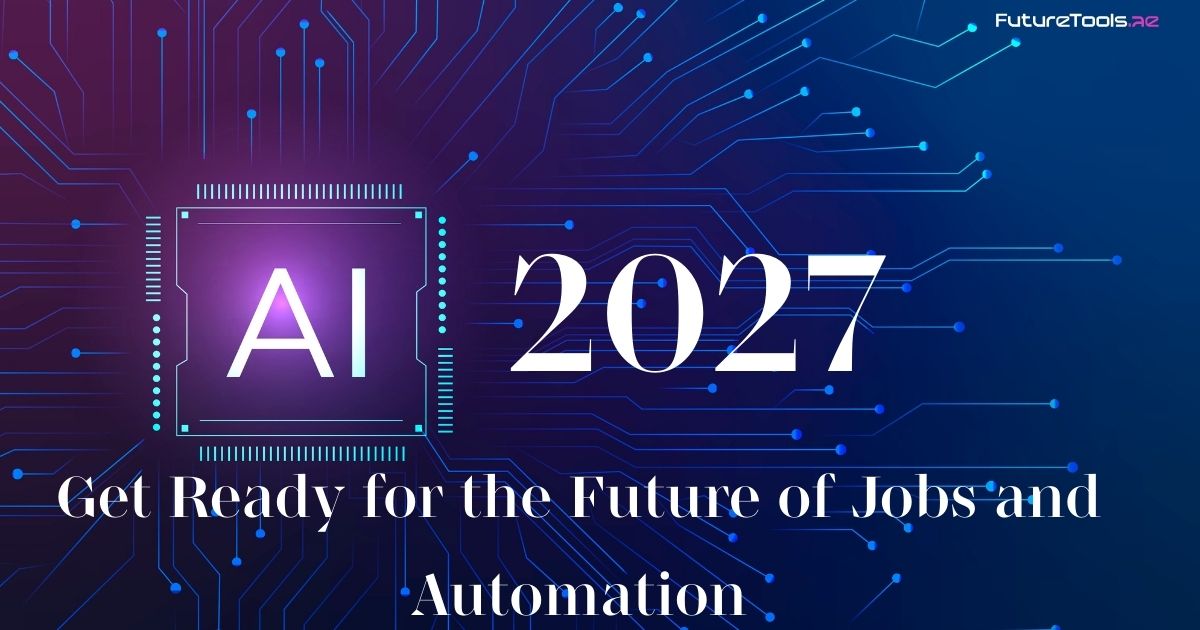
Hold onto your hats—AI 2027 is about to take over… well, not in a “robots are going to rule the world” kind of way, but in a really, really big way. By 2027, artificial intelligence will be doing more than just recognizing faces on your phone or powering up your favorite smart assistant. It’s going to change the game in automation, ai jobs remote, and the way tech evolves. And trust us, you’re going to want to stay ahead of this wave. To keep up with the latest insights, be sure to explore Future AI Trends.
So, what exactly does the future hold for AI? Let’s dive into what’s going to happen when 2027 rolls around. Buckle up for a quick, fun journey through AI predictions, automation trends, and the future of work that’s just around the corner.
First things first—AI is here, and it’s evolving faster than you can say “machine learning.” By 2027, AI will be at the heart of nearly every industry, from healthcare to finance, education, and entertainment. It’s not just about algorithms running in the background anymore; it’s about AI revolutionizing how we interact with technology, solve problems, and even how we do our jobs.
According to AI 2027 reports, expect AI to be smarter, faster, and more integrated into your daily life. Whether it’s predicting your needs before you ask (seriously, it’s coming) or turning your home into a genius-powered sanctuary, AI in 2027 will be your best friend—albeit a very, very smart one.
Okay, let’s get this out of the way. We’ve all seen the doomsday predictions of robots replacing human workers left and right. But here’s the truth: automation isn’t going to just replace jobs—it’s going to change them. Sure, AI will automate routine, repetitive tasks, but it’s also going to open up new doors and create new roles. So before you get too worried, let’s talk about how AI will reshape automation and the job market.
Picture this: a factory floor where robots handle the repetitive tasks—everything from assembling parts to managing supply chains—while human workers focus on creative, strategic decisions. AI-driven automation will be the backbone of industries like manufacturing and logistics, making operations more efficient and streamlined.
The World Economic Forum even predicts that 23% of jobs will undergo major changes by 2027 due to AI and automation. So, while that could mean fewer factory floor jobs, it also means more roles in tech, management, and innovation.
AI is already transforming customer service, and by 2027, it will be everywhere. Imagine chatting with a virtual assistant who knows your preferences better than your best friend and can solve your problems before you even finish explaining them. That’s where AI is headed—helping brands deliver personalized, lightning-fast customer service experiences.
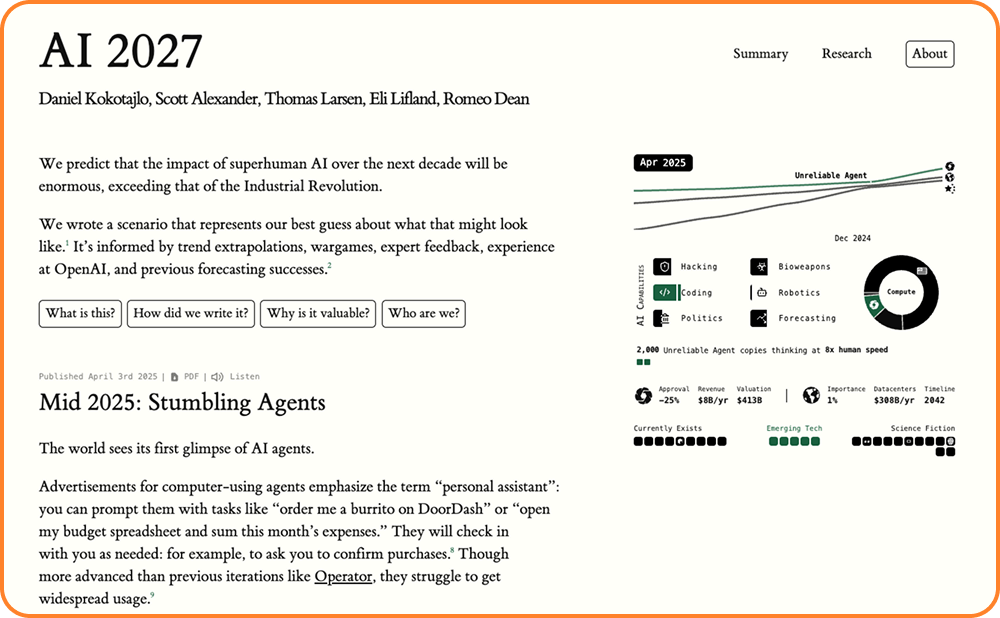
The big question on everyone’s mind is, “What does AI mean for my job?” Will robots take over? Will I be out of a job? Fear not, future workers of the world! AI isn’t here to steal your job (well, most of them), it’s here to create new ones. And some of those jobs will be really cool.
Let’s face it—certain jobs are at risk of being automated, particularly those that involve repetitive tasks. We’re talking about roles like data entry, customer support, and even some low-level manufacturing jobs. But before you start panicking, consider this: automation doesn’t mean the end of the road for everyone. It just means it’s time to upskill and adapt. AI isn’t coming for your creativity or human touch—yet.
Brace yourself—AI will create millions of new jobs. That’s right. According to the World Economic Forum, we can expect a net-positive impact on job creation, with up to 69 million new roles emerging by 2027. But here’s the catch: These roles will require skills in AI, data science, and automation. The job market will shift, and those who are ready to learn will thrive.
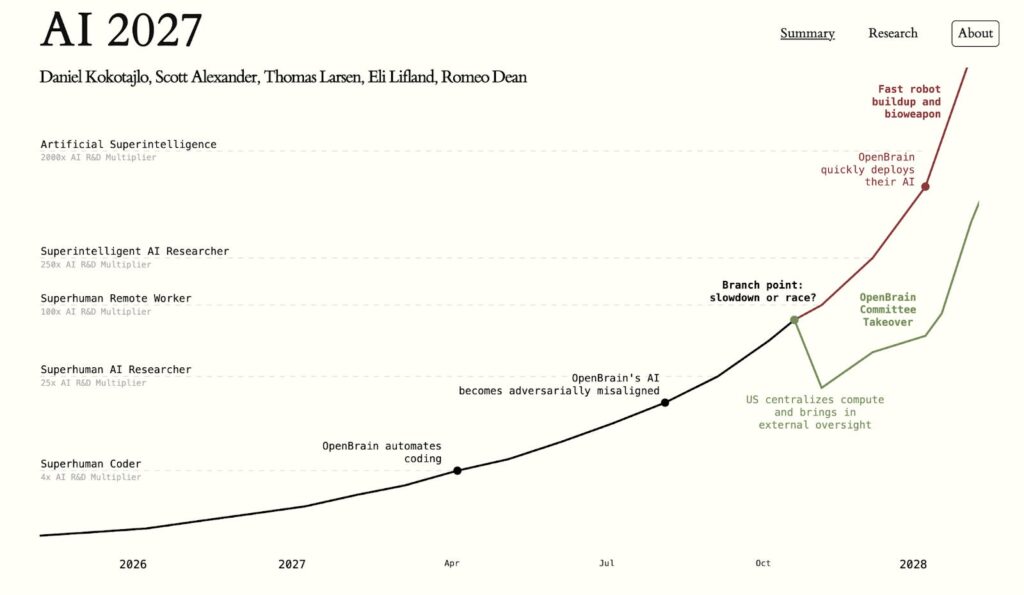
So, whether it’s designing AI systems, managing data, or even overseeing the ethics of AI, the future of work in 2027 is going to be full of opportunities. Just make sure you’re in the driver’s seat!
If you’re sitting there thinking, “Hey, I’d love to jump on this AI bandwagon,” you’re not alone. Everyone from tech enthusiasts to career switchers is looking to break into the world of artificial intelligence. The good news is, you don’t need a Ph.D. to get started—though that might help!
Get familiar with programming languages like Python, which is the language of choice for AI. Dive into machine learning, data analysis, and neural networks. You can find tons of free resources online, like courses on Coursera or edX, to get your feet wet.
Reading textbooks and watching tutorials is great, but nothing beats hands-on experience. Try out some AI projects on your own, or join open-source initiatives to sharpen your skills. Internship or freelance opportunities can give you real-world experience that will make your resume stand out.
AI is a fast-evolving field, so continuous learning is essential. The more you stay updated on trends, breakthroughs, and industry shifts, the better equipped you’ll be for the future of AI jobs. Consider joining online communities or AI forums to stay plugged in.
AI’s transformation isn’t just about jobs or automation—it’s about making our lives better. Imagine a world where AI is used to fight disease, solve climate change, and personalize education. Sounds a bit like science fiction? Well, it’s not anymore.
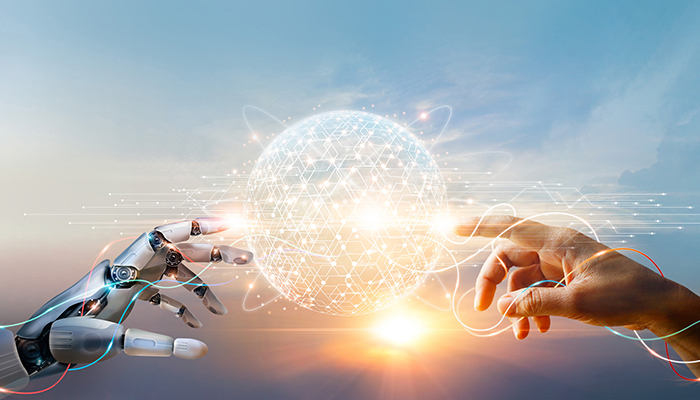
By 2027, AI will be revolutionizing healthcare, from predictive diagnostics to personalized treatments tailored specifically to you. We’re talking AI-powered robots performing surgeries, genetic data helping doctors find the best treatment plans, and systems that prevent disease before it even starts. AI is set to make healthcare smarter, faster, and more efficient.
In education, AI will ensure that every student gets the attention they need, with learning experiences customized to fit their strengths, weaknesses, and interests. Say goodbye to one-size-fits-all learning! Personalized education will help students thrive and reach their full potential—at every level.
AI’s impact on cybersecurity is revolutionizing the industry by enhancing threat detection and response times. Its ability to analyze vast data quickly helps identify potential breaches before they escalate. Machine learning algorithms detect unusual patterns in network traffic, allowing for proactive responses. As cyber threats evolve, AI’s impact on cybersecurity continues to improve, providing stronger protection for sensitive information.
The rise of AI brings with it a host of ethical questions, such as privacy, bias, and accountability. As we move forward, it’s crucial that we balance innovation with responsibility. The future of AI isn’t about machines taking over; it’s about humans and AI working together to solve the world’s biggest problems.
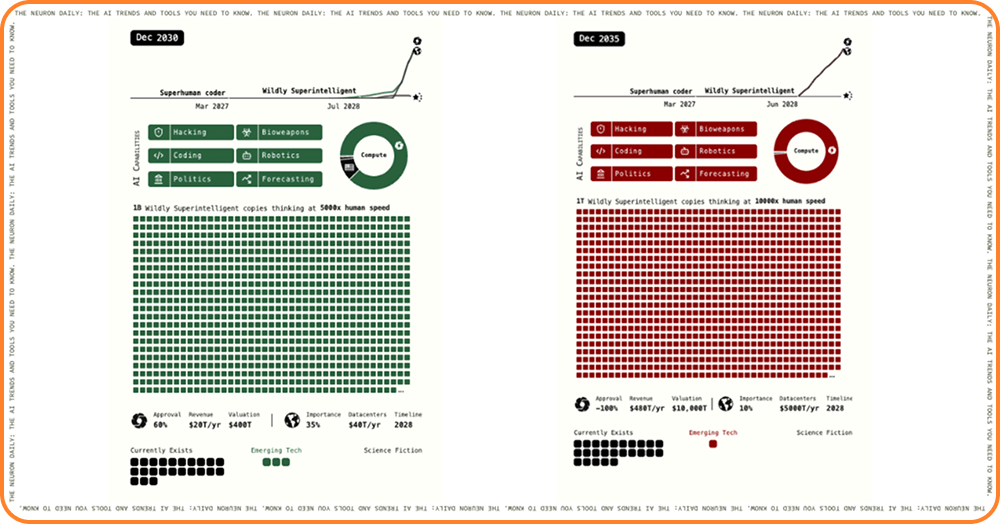
The two scenarios, in 2030
So, what can we expect from AI in 2027? A whole lot. From self-driving cars to AI-powered healthcare and personalized education, the possibilities are endless. But with this technological advancement comes the need for responsible development, continuous learning, and ethical considerations.
The future of work is changing, and AI will play a huge role in how we adapt, grow, and thrive. It’s clear that AI’s potential is vast, and staying ahead of the curve will be essential for anyone looking to thrive in the next decade.
At FutureTools, we’re dedicated to bringing you the latest insights and trends to keep you informed and prepared for the AI revolution. Whether you’re a professional navigating the shifting job landscape or someone curious about the future of AI, we’ve got you covered with daily updates, expert reviews, and the tools you need to stay ahead.
Ready to dive deeper into the world of AI? Don’t miss out—subscribe to our newsletter and stay updated on all things AI and automation. Let’s explore the future together. Join FutureTools today!
